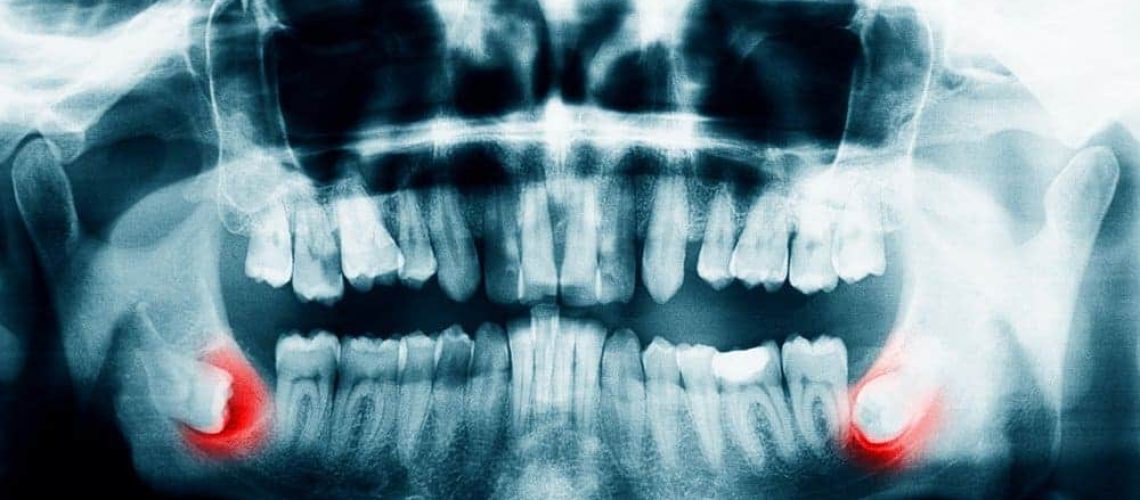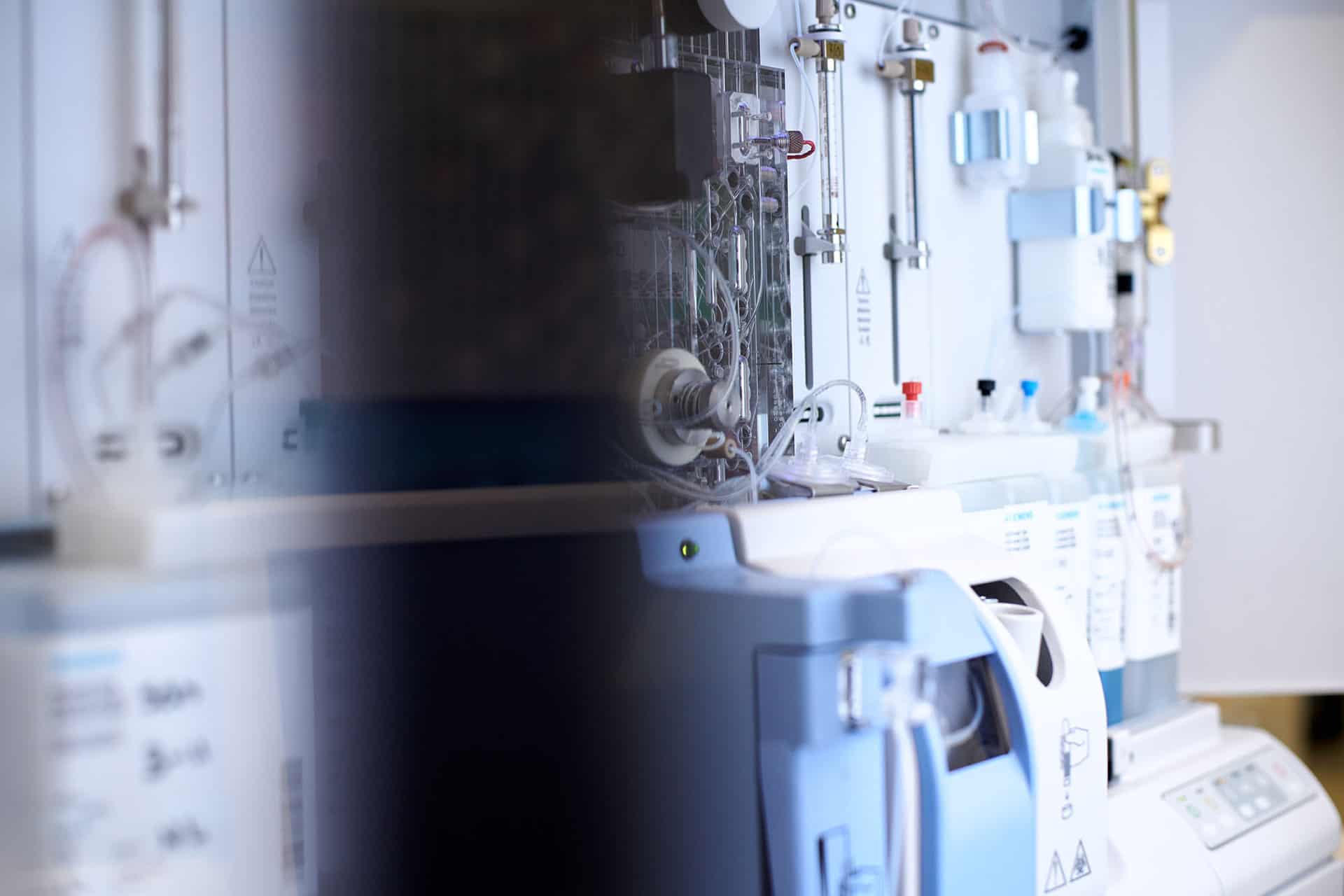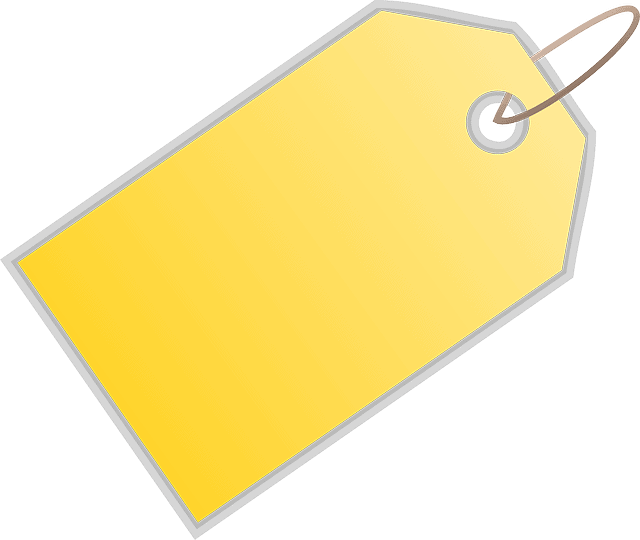Why Wisdom Teeth Removal Is Important

It’s easy to regard wisdom teeth as one of nature’s cruel jokes. Why do we have them in the first place, and why is it so important to get them removed?
Wisdom teeth are essentially a third set of molars at the very back of the mouth. For most people, they start to come in during their late teens or early twenties. They’re called wisdom teeth because they usually come in after the other molars—at a time when people are considered to be more wise (or at least at a more mature age).
Despite their name, wisdom teeth can cause a lot of problems if they’re not removed. They can crowd and damage other teeth, leading to pain and tooth decay. They can also become infected, which can cause serious health problems.
That’s why wisdom tooth removal is so important. It’s best to get them removed via professional oral surgery as soon as they start coming in, rather than waiting until you’re older and they’ve caused more damage.
In most cases, wisdom teeth removal is a relatively simple and outpatient procedure. However, it’s important to have them removed early on, before any complications can occur. Wisdom teeth can cause a variety of problems if they’re not removed, including infection, gum disease, and crowding of other teeth.
The good news is that wisdom teeth removal is typically a safe and straightforward procedure. Most people experience very little pain or discomfort following their appointment.
Complications That Can Occur if You Don’t Get Your Wisdom Teeth Removed

If you don’t get these teeth removed, they can cause a lot of problems. Wisdom teeth are the third set of molars that come in, usually between the ages of 17 and 25. They can cause crowding and damage to other teeth, leading to pain and tooth decay. They can also become infected, which can cause serious health problems.
As wisdom teeth shift as they grow, they can cause surrounding teeth to shift as well, which can cause damage and even infections such as dental abscesses.
A dental abscess is an inflamed pocket of pus that forms at the gum line. It’s a serious infection that can be painful and make it difficult to eat. In some cases, if left untreated, an abscess will turn into a facial or neck swelling.
The Importance of Getting Your Wisdom Teeth Removed as Early as Possible
The reason it’s best to get your wisdom teeth removed early is because they often start to cause problems before a person reaches adulthood.
If a wisdom tooth doesn’t have enough space to fully erupt from the gum line, it can become impacted. Impacted wisdom teeth are those that don’t fully emerge from the gums due to impaction or being prevented from coming in contact with other teeth. When this happens, the only way for them to grow is below the surface of the gums, which can lead to further complications.
As you get older, the procedure can also become more complicated and healing can take longer.
Getting Your Wisdom Teeth Removed

When you get your wisdom teeth removed, the oral surgeon removes them completely. This means that no part of the tooth remains in your jaw or your skull. They also carefully remove any surrounding bone and tissue in order to prevent damage to other parts of your mouth.
This is all done with local anesthetic and sedation. While it may not sound fun to get these teeth removed—and frankly, it isn’t—advances in modern technology have made the experience a lot more comfortable than it used to be.
Most people report minimal pain and discomfort after the surgery. You may have some swelling and bruising, but this will go away in a few days. Recovery time is typically short, with most people feeling back to normal within a week or two.
Self-Care Following Wisdom Teeth Removal Surgery

Following your wisdom tooth extraction procedure, it’s best to leave healing up to nature as much as possible. However, there are some things that you can do at home to speed along the process and ease pain and discomfort.
You want to eat soft foods (possibly only smoothies in the beginning) so that you don’t cause any further damage to the area or interfere with any stitches that may be in place.
It’s also important to keep the area clean, so you may want to rinse with salt water or mouthwash a few times a day.
And finally, if you’re experiencing any pain, take over-the-counter pain medication or prescription pain medication from your dentists in Mesa as needed.





